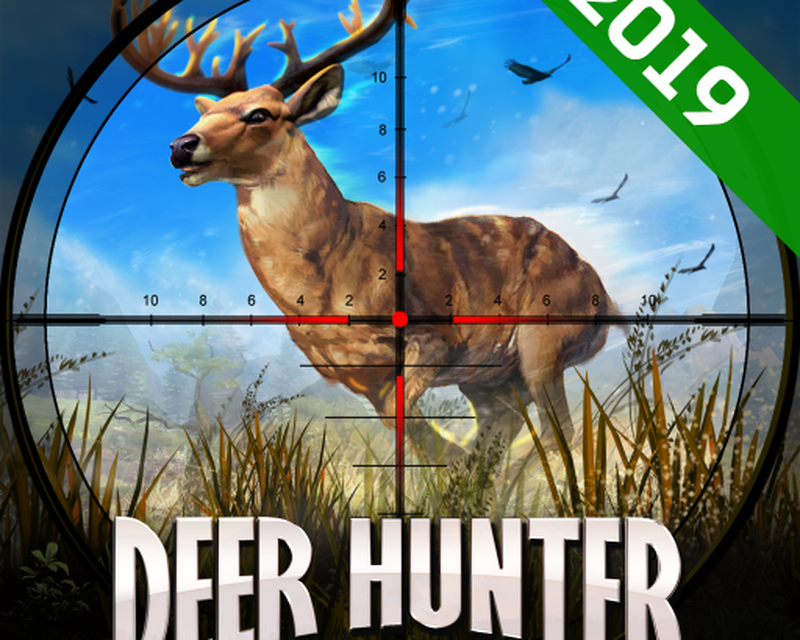

“My immediate family is older people in my neighborhood and such, and they can’t go hunting, so I take it on myself to share what I get,” Tucker said. When he harvests a deer, he shares his bounty with others. Nearly all the hunting he has ever done has happened in Benton County, which now has the state’s highest reported incidence of CWD. Tucker, who has been hunting since he was about 8 years old, hunts on a friend’s land. “CWD has had a great impact on me because no one expects to take your meat in and pay a lot of money to have it processed, and then when you get it back, you can’t eat it,” Tucker said. Tucker kept the venison separate until the test results came back, but he had to throw away the meat from three of his deer. When he sent the meat to the processor, he also took the heads to testing sites. Tucker harvested four deer over the 2019-2021 deer hunting seasons. “It helps on the cost of the groceries when I have deer in the freezer.” We depend on it for the winter to get by,” Tucker said. Tucker harvested three of these positives.

Fifty-six of the state’s 83 positives have been reported from this county. CWD has never been known to transmit to humans.Īrneal Tucker lives and hunts in north Benton County, which has the highest known concentration of CWD cases in the state. If left unmanaged, it devastates the deer population.

Prion diseases can affect both humans and animals and are sometimes spread to humans by infected meat.ĬWD is fatal to deer in every instance. A prion is a type of protein that can trigger normal proteins in the brain to fold abnormally. The appearance of chronic wasting disease on the Mississippi landscape is making significant changes in the lives and hobbies of hunters, and many are ready to do what it takes to limit this disease.Ĭhronic wasting disease, or CWD, is a prion disease of white-tailed deer that is easily transmissible to deer through saliva, feces, urine or a contaminated environment.


 0 kommentar(er)
0 kommentar(er)
